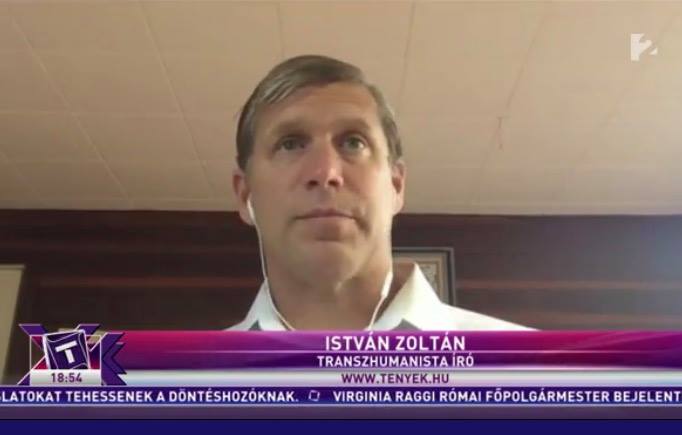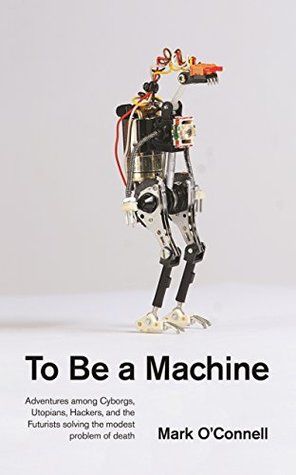An article discussing why extreme risk aversion deriving from indefinite lifespans is neither very likely, nor rational.
There’s a theory suggesting that, if we could live indefinitely, we might become extremely risk-averse. Presently, regardless of when you die, you ‘only’ lose a handful of decades of life at worst, because you would have died of old age eventually anyway. However, the reasoning goes, if you could live for an indefinitely long time, your untimely death would cost you no less than eternity; the conclusion is that, in order to avoid such an unimaginable loss, people wouldn’t dare taking even the most insignificant risks, such as crossing the street, ultimately making their own lives quite miserable.
The problem with this argument is that it hinges on a flawed assumption. The assumption is that we dare taking any risks at all only because we know that in a few decades at best we’re going to be dead anyway. Why do you take a plane for a holiday at the Antipodes? Because you’re going to die anyway when you’re old. Why do you go on a rollercoaster ride? Because the reaper would get you sooner or later anyway. Why do you go out without an umbrella even though it looks like it might rain? Because pneumonia would cut your life only a few decades shorter. Note that this argument also answers the age-old question, ‘Why did the chicken cross the street?’ Because YOLO.
This is not how smart people (or chickens) think. The question is one of magnitude of benefits and risks of a certain course of action. Consider the case of John, 40 years old, taking a plane from New York to Madrid for a two-week holiday. There is a chance the plane might fall into the Atlantic Ocean during the flight, in which case John would die. The chance isn’t very big, but it’s not zero nonetheless. If the plane doesn’t fall, then John gets his holiday (the benefits); however, if the plane falls, not only does John not get his holiday, but he also loses his life. At age 40, John isn’t exactly a youngster any more, but he does have some 40 years of life left, though. While the perceived value of the holiday and the remaining 40 years of life are subjective, it is quite reasonable to say that two weeks in Madrid aren’t worth losing 40 years of life.


